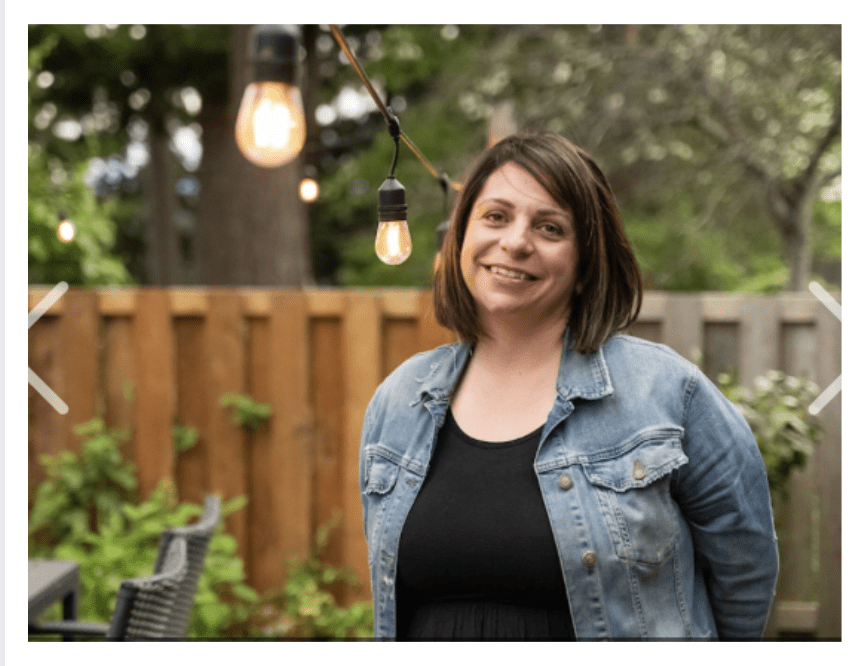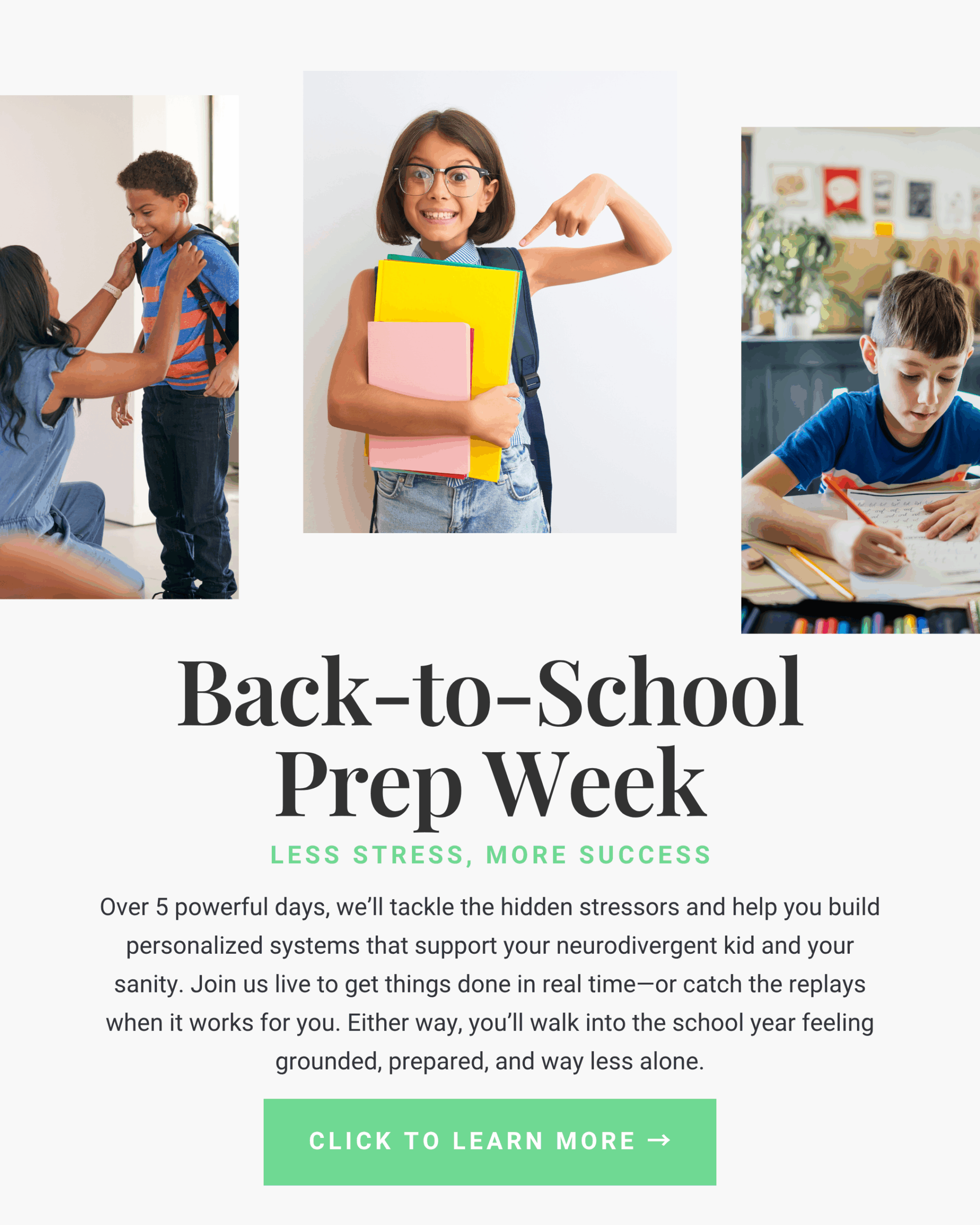I’ve spent a lot of time over the years untangling the myths about what makes a child successful. And let me tell you, after this conversation with Nancy Gilette, I’ve never been more convinced that we’re focusing on the wrong things.
Nancy is an RDI Consultant who’s worked with families of neurodivergent kids for more than two decades. She’s helped parents move beyond behavior charts and therapy goals to something deeper and more meaningful: quality of life. And that starts with US.
Here’s what really sticks with me: kids want to feel good. That’s it. They want to feel safe in their bodies, confident in their environment, and connected to the people around them. But when we spend all our energy trying to manage behavior — without looking at what it’s actually telling us — we miss the whole point.
Behavior is communication (as Ross Greene, Ph.D. taught us). A meltdown isn’t your child being difficult. It’s your child saying, “This is too much,” or “I don’t feel safe,” or “I need something different.” We start seeing things clearly when we shift our mindset to really listen — to get curious instead of reactive.
Nancy broke it down in the simplest, most beautiful way: Learning doesn’t come from words. It comes from experience. And neurodivergent kids, especially, need experiences that feel good and meaningful in order to learn and grow. We’re not teaching math, we’re creating a space where the brain is regulated enough to want to engage with math. Big difference.
She also reminds us that connection doesn’t require words, eye contact, or big plans. Sometimes it’s just placing a cup of water in front of your child, waiting for a glance, and feeling that moment of shared presence. That’s connection. That’s co-regulation. And that’s the foundation of trust and learning.
One of the most powerful takeaways is this: We can’t control our kids. And we don’t need to. But we can influence them — through relationship, through authenticity, through showing up regulated ourselves.
So if you’ve been feeling lost in the whirlwind of parenting plans and professional advice, let this be your permission slip to pause. Come back to your child. Tune into the moment. Ask what helps them feel good.
Because thriving doesn’t start with a strategy. It starts with safety. And that kind of safety? That comes from you.
You matter. Your energy, your presence, and your choices shape your child’s world. And when you shift from managing behavior to creating connection, everything changes.
Let’s keep choosing that. One moment at a time.








